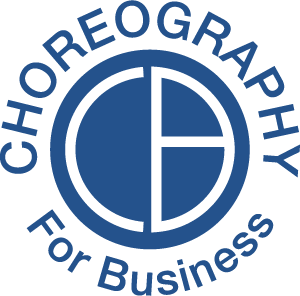What is Embodied Intelligence?
Due to the popularity of my previous article on Embodying Change, I thought I would expand a little further on the difference between knowing something, and embodying something by taking a look at four distinct categories of intelligence.
Amanda Blake, founder of Embright and author of The Body is Your Brain, takes a scientific approach to embodiment. In her work, Blake takes the time to distinguish between various types of knowledge and intellect. Her main themes are:
Your Body is Your Brain - Amanda Blake
Social Intelligence: The ability to manage relationships and environments with other people
Emotional Intelligence: The ability to notice, name and manage your own emotions and to maintain sustainable and empathetic exchanges with other individuals
Cognitive/Conceptual Intelligence: The ability to process information using your pre-frontal cortex, to apply reason and logic to make certain decisions and interpret information
Embodied Intelligence: The ability to connect with and be informed by your physical experience of challenging situations. Becoming aware of your body’s natural mechanisms to react, attack or connect throughout your day and allowing this intelligence to inform your actions more fully.
Without placing any of these in a strict hierarchy, Blake’s point is to highlight the importance of having each form of intelligence behind any important decision we make or action we take. Certainly, there will be occasions where one form takes precedence over another: logical problems will require an emphasis on cognitive intelligence, while dealing with complicated emotions you find triggered in yourself, will require more emotional intelligence. However, when it comes to complex situations in your life, challenges you have been unable overcome or a team you have had trouble connecting with, you may find that your embodied intelligence has not been developed and is leaving you wanting.
Don’t be shocked or surprised by this. In our society, cognitive intelligence is valued over all other forms (if the other forms are mentioned at all). Think of the subjects we focus on in school…and those we don’t spend any time on at all. Unfortunately, the connection to our physical experience is taken for granted, instead of trained, as any other muscle or skill.
As I mentioned in Embodying Change, when you leave your body’s experience out of an equation, particularly one which goes against ingrained habits, your success is undermined. Our bodies, and the patterns our bodies have grown accustomed to can support us in a new endeavor, behavior or mindset, or they can hold us back.
If you are a manager, or someone who’s success is largely determined by the types of relationships you have to develop and sustain, I would highly recommend looking further into this concept of embodied intelligence. What will surprise you is a roadmap of your life experience, embedded within the way you move through your days, make your decisions and even react to certain situations. By practicing embodied intelligence, in coordination with the other forms of intelligence you are unlocking a whole new world of opportunity. Getting back to our bodies, is the future.
If you are having trouble getting your head around this concept, reach out - I can help.

